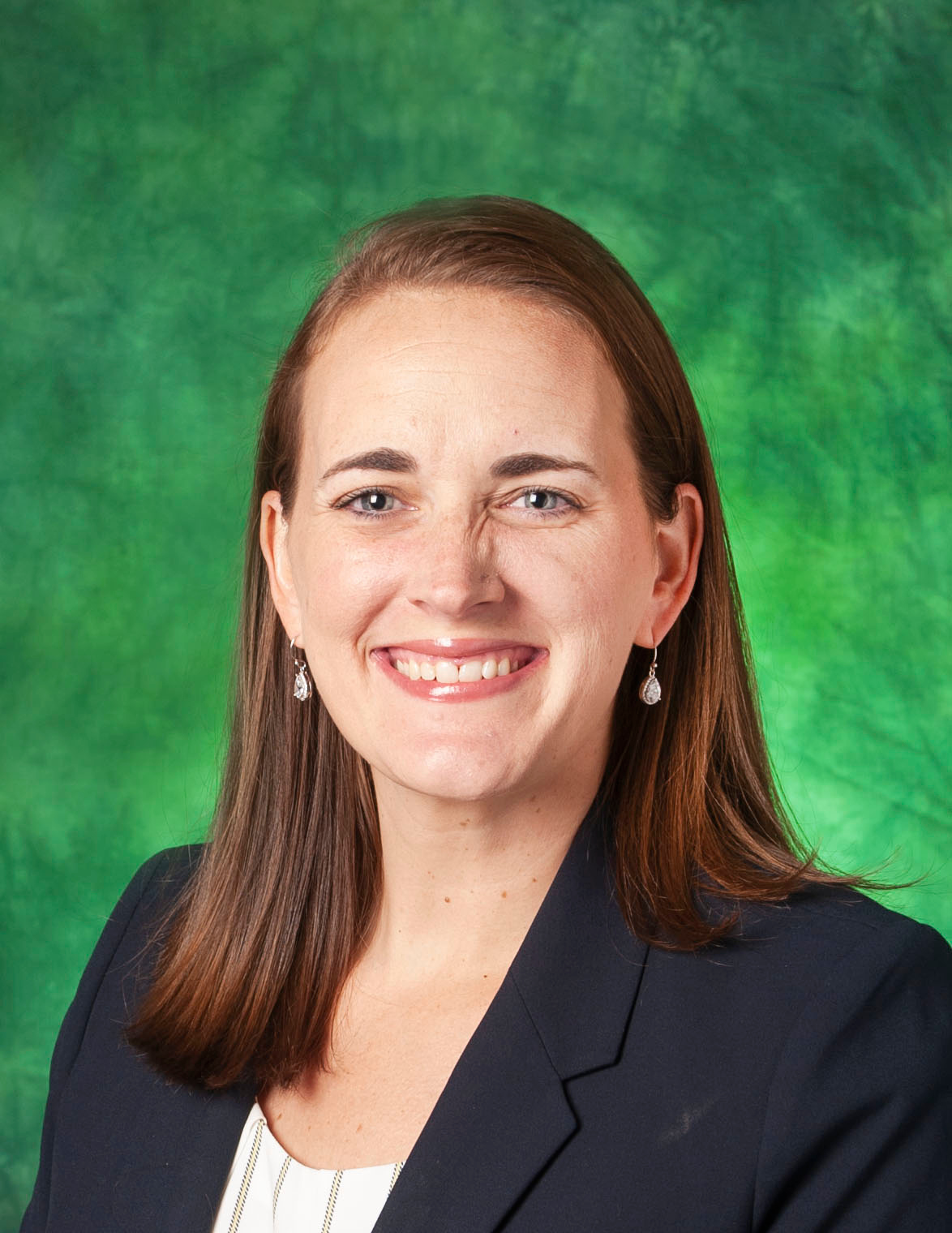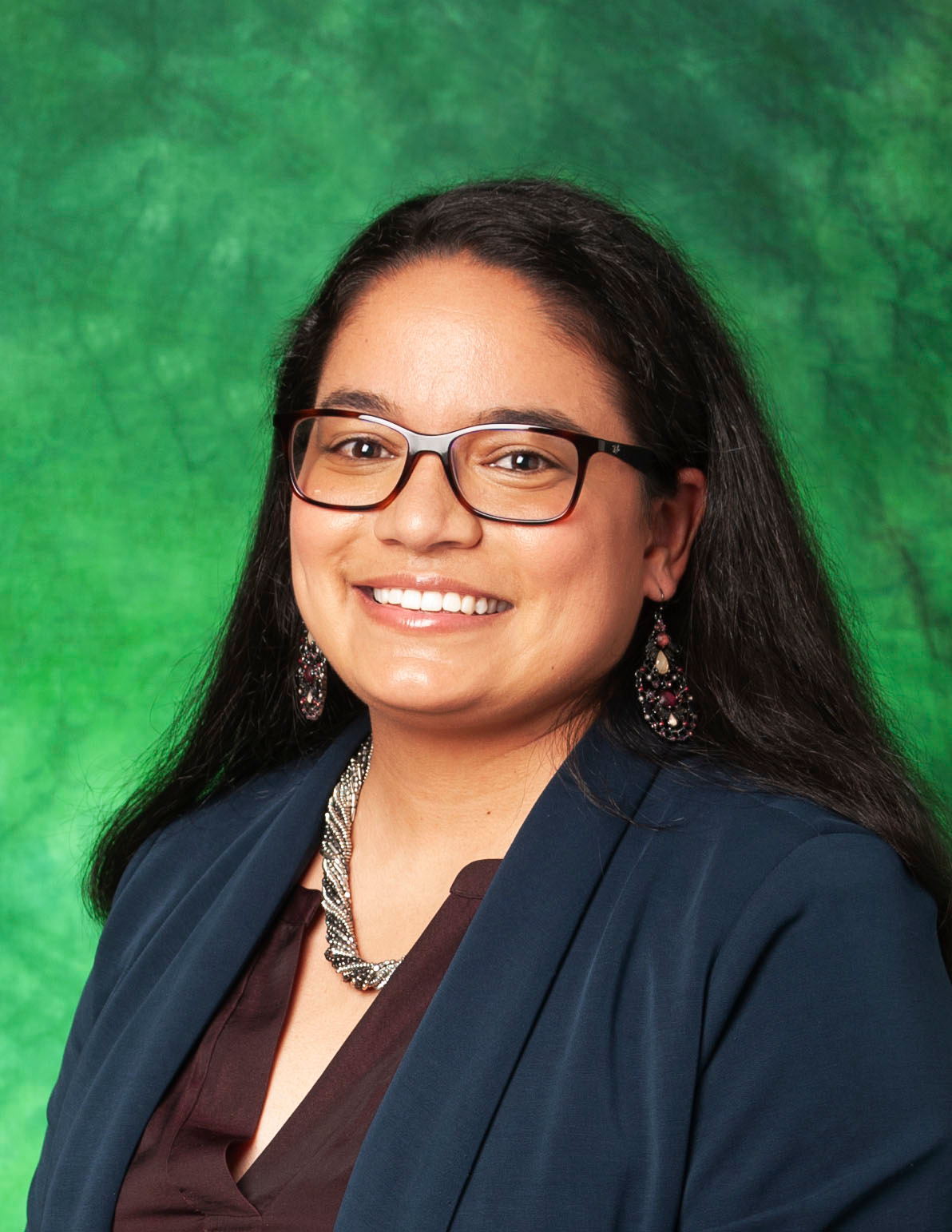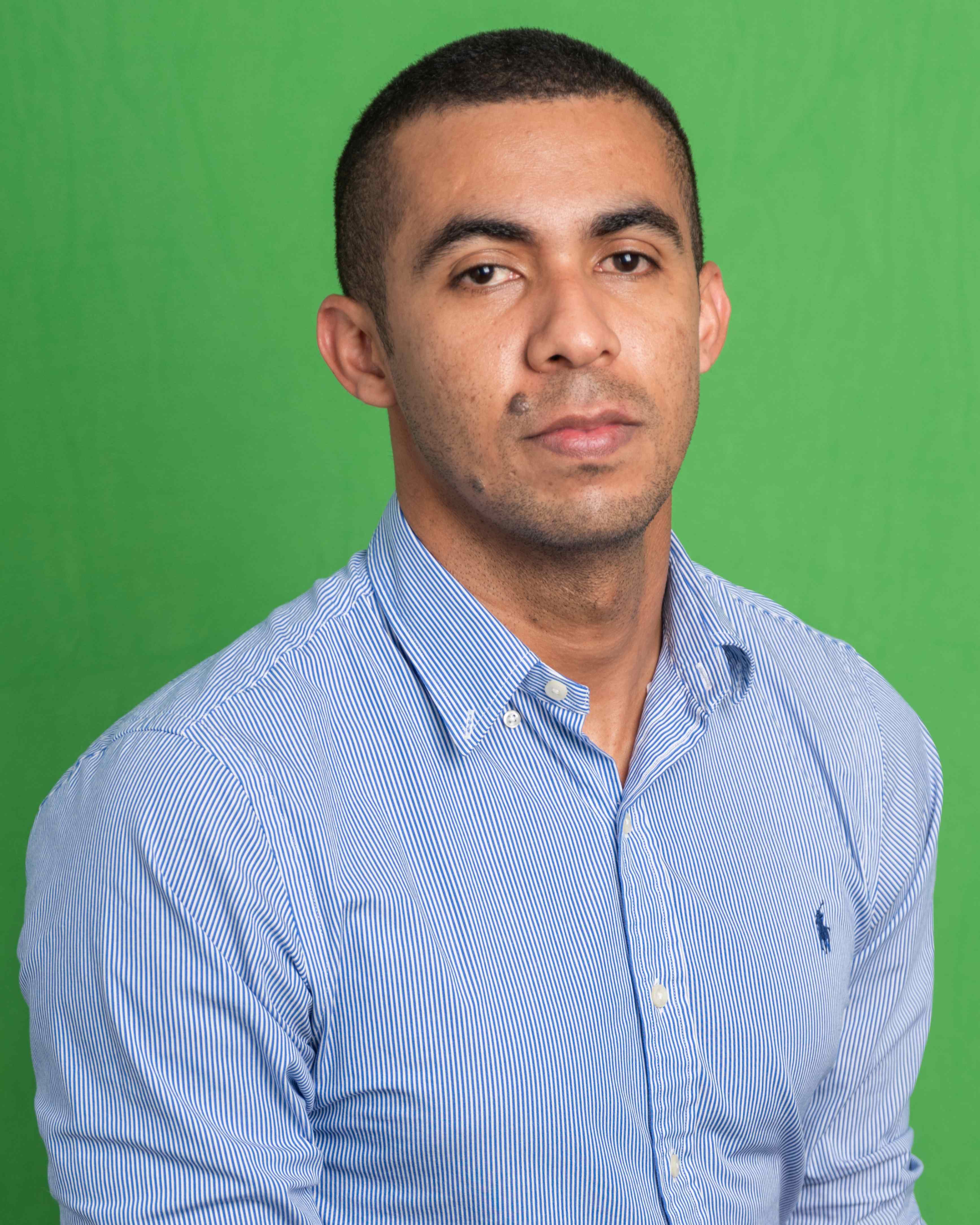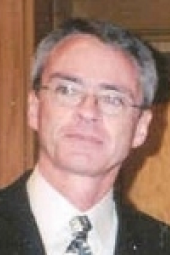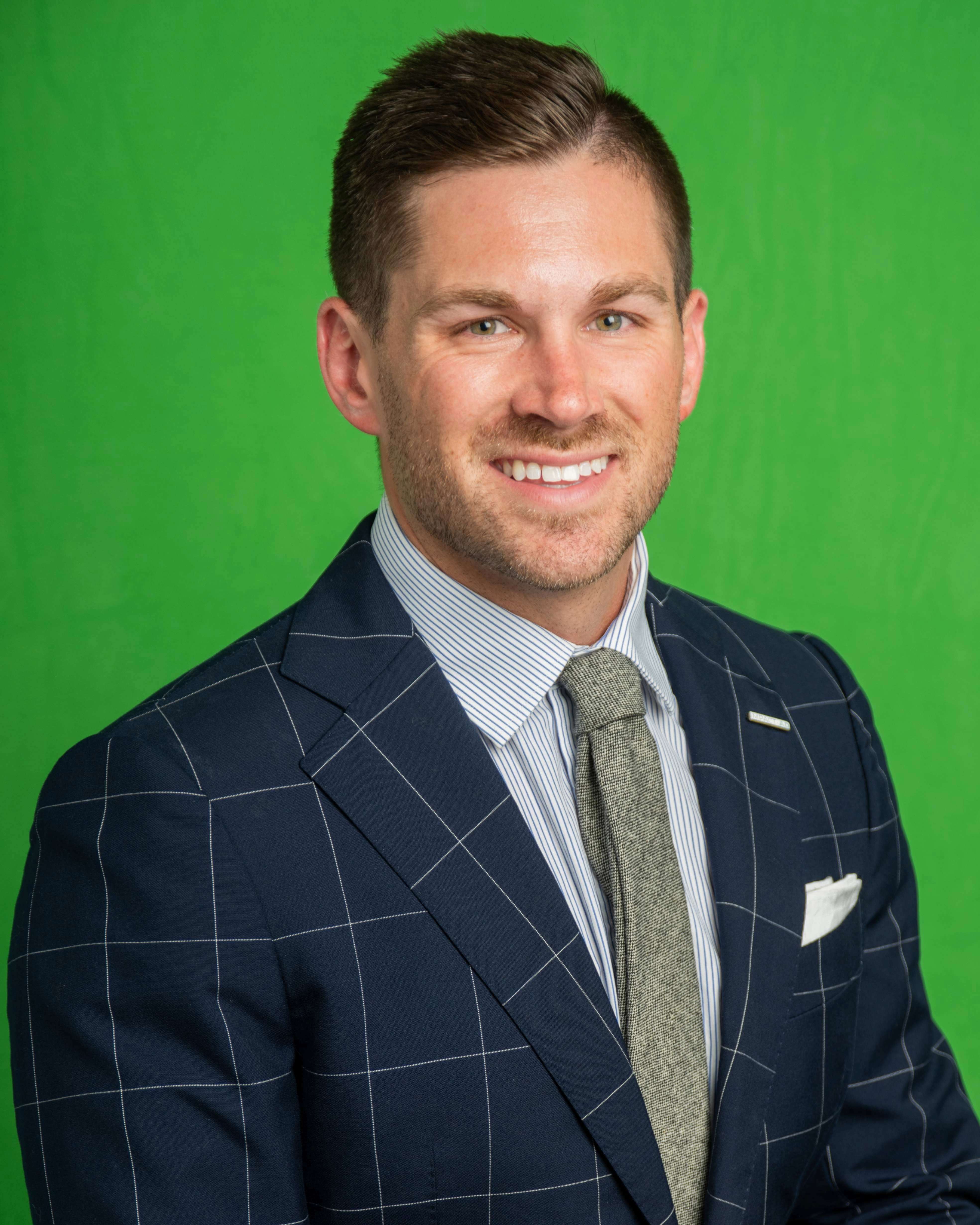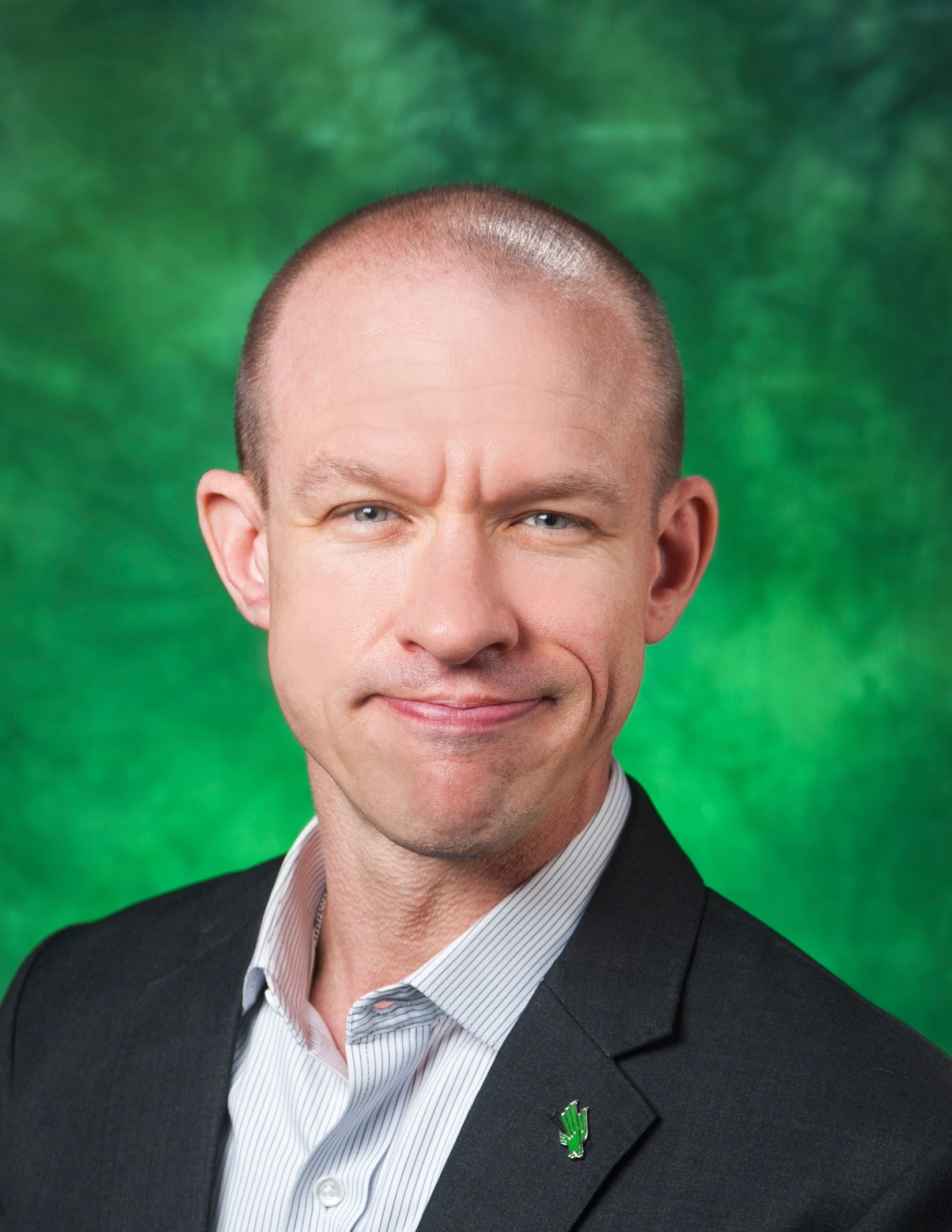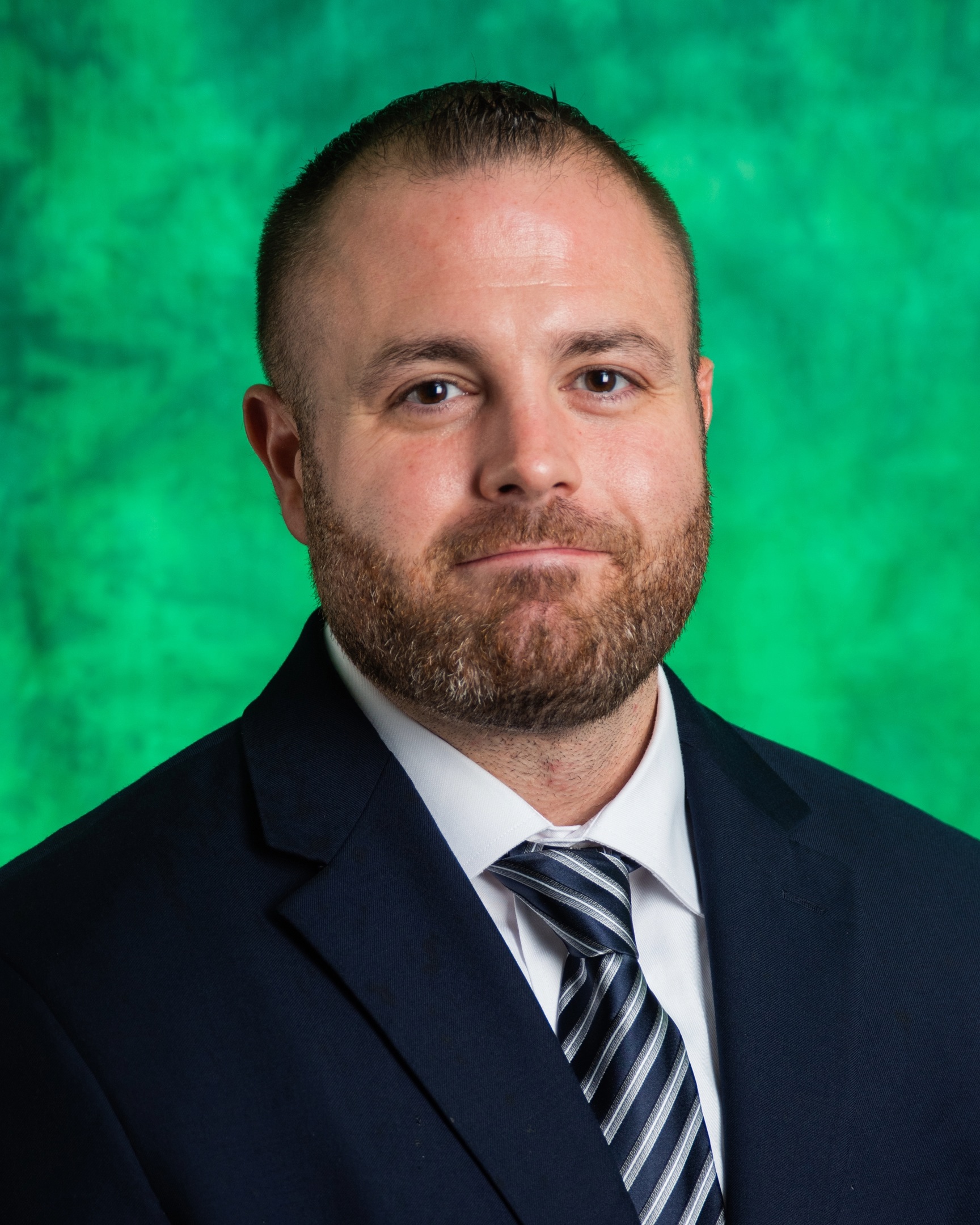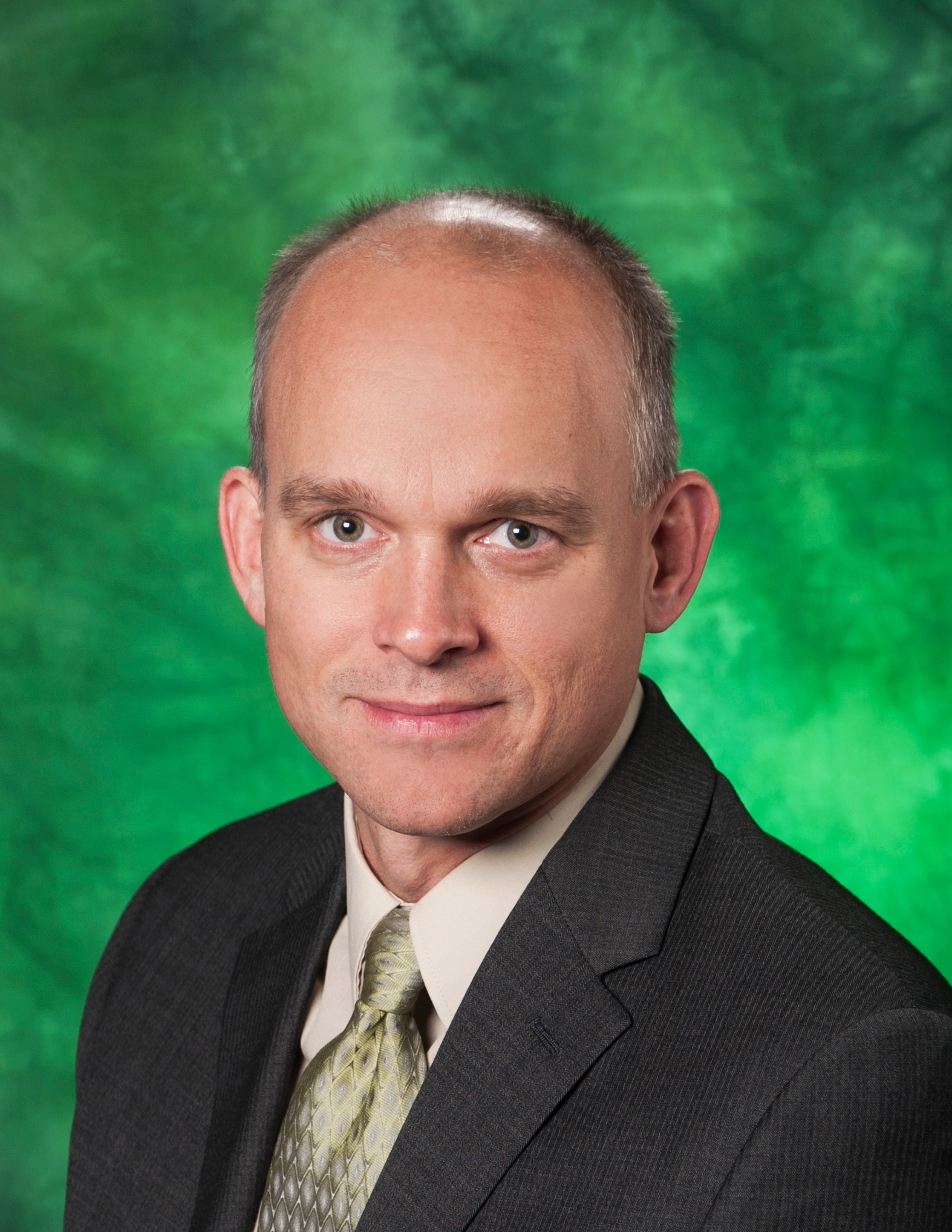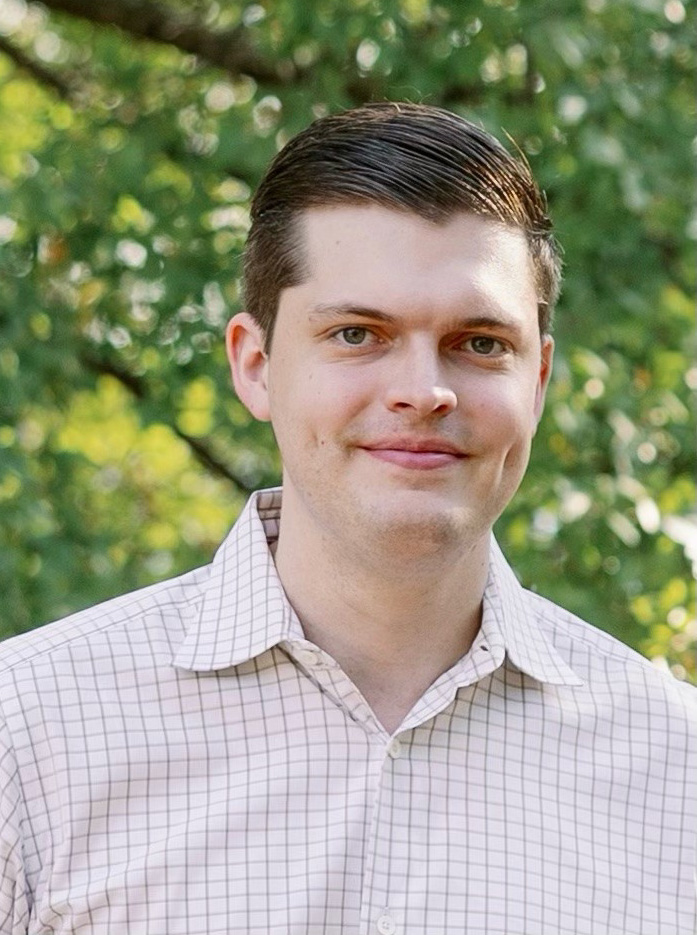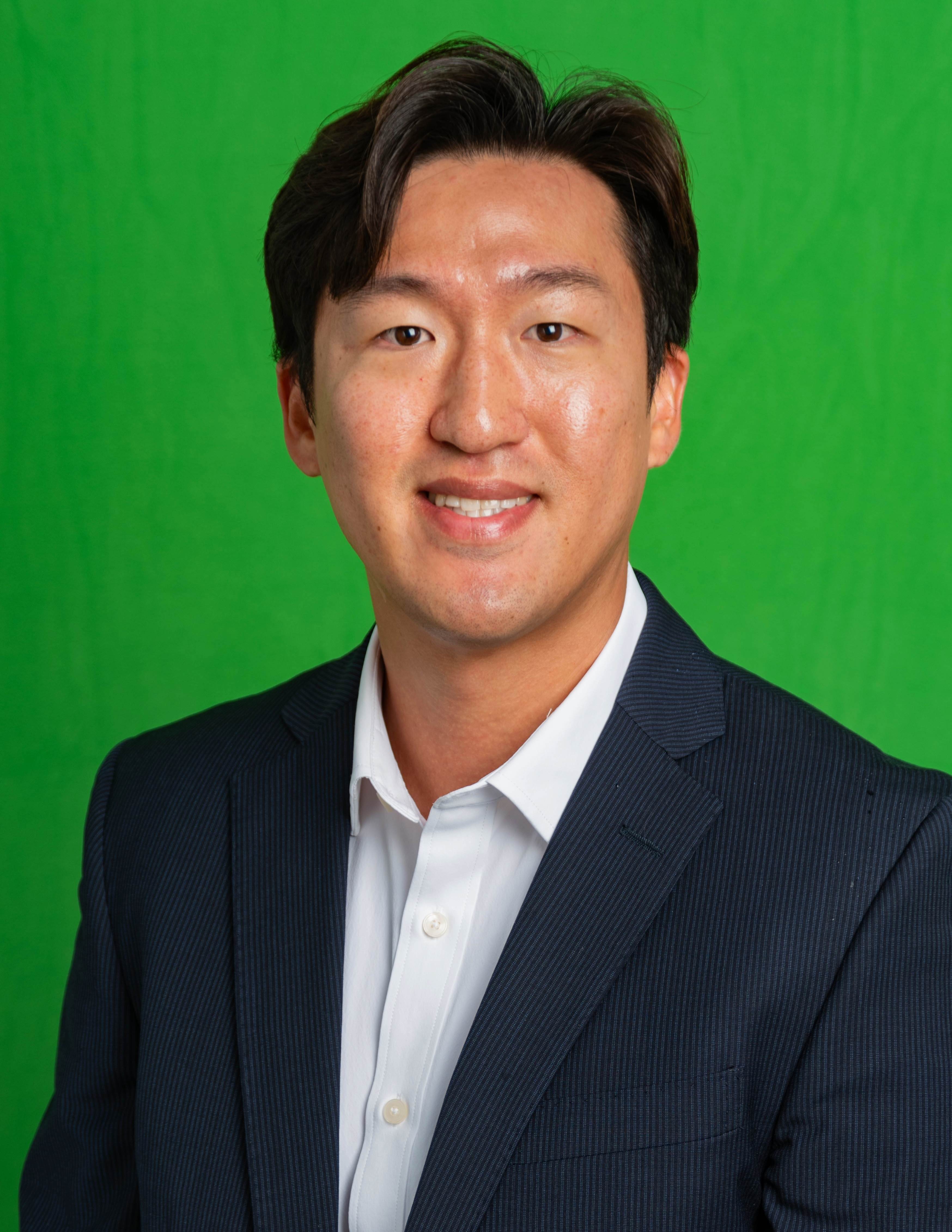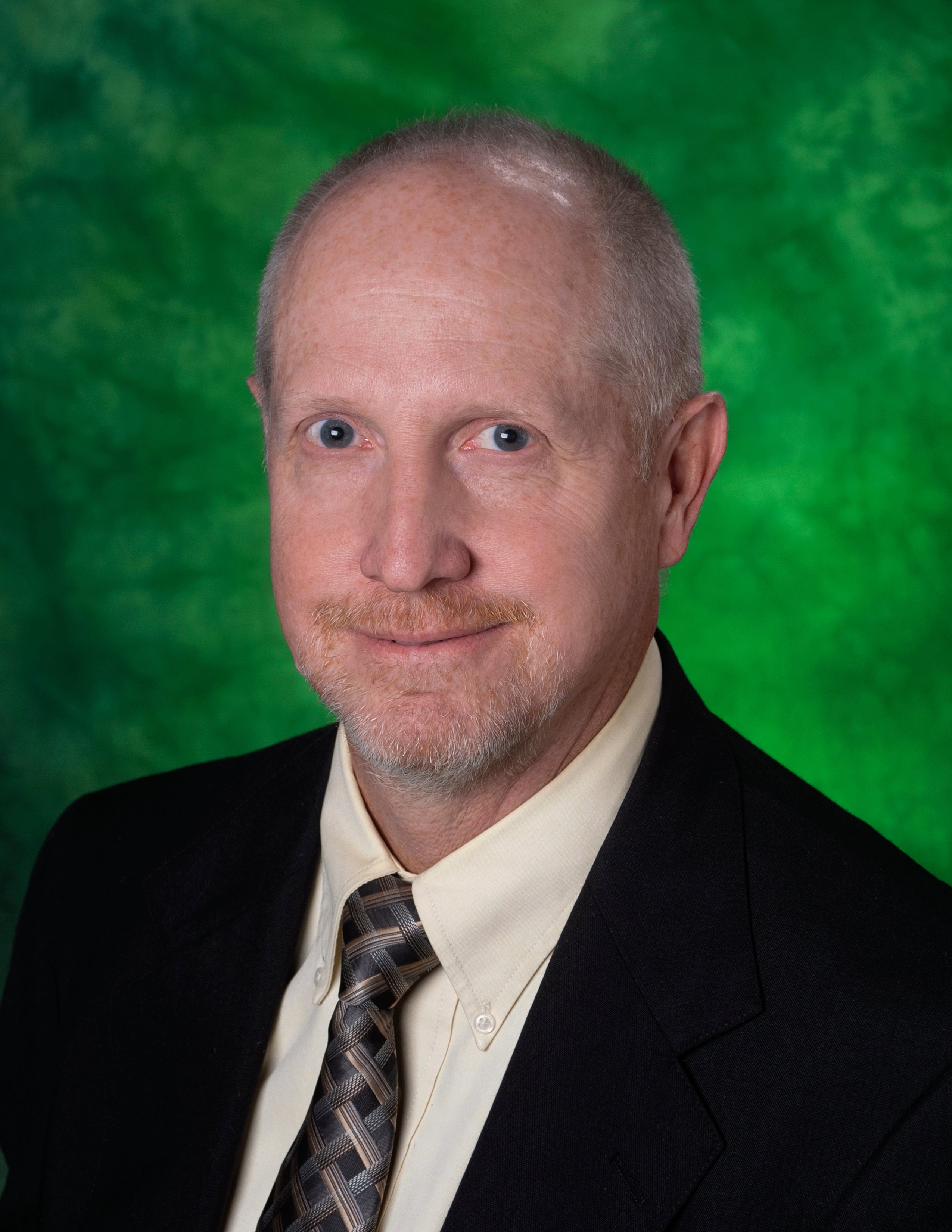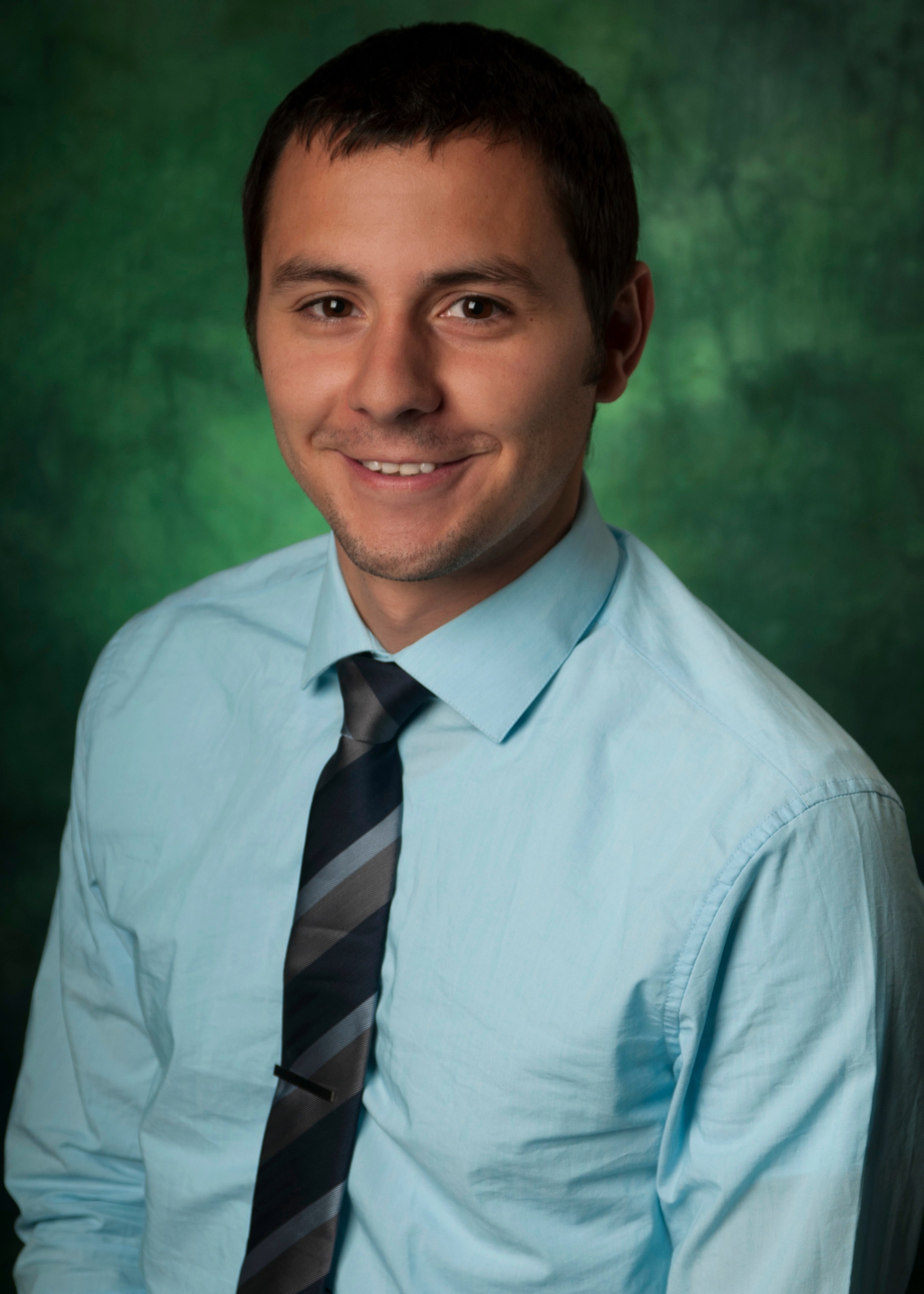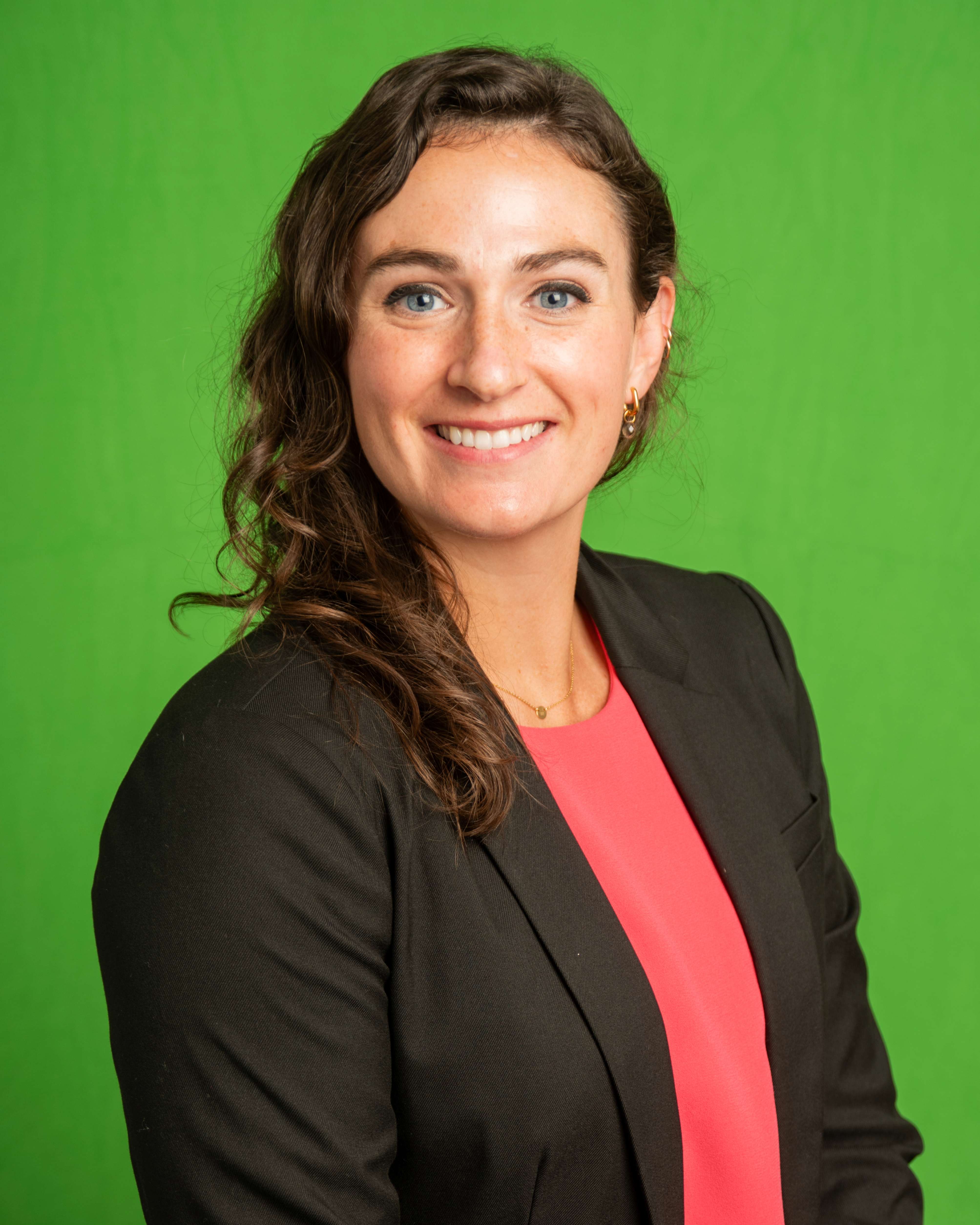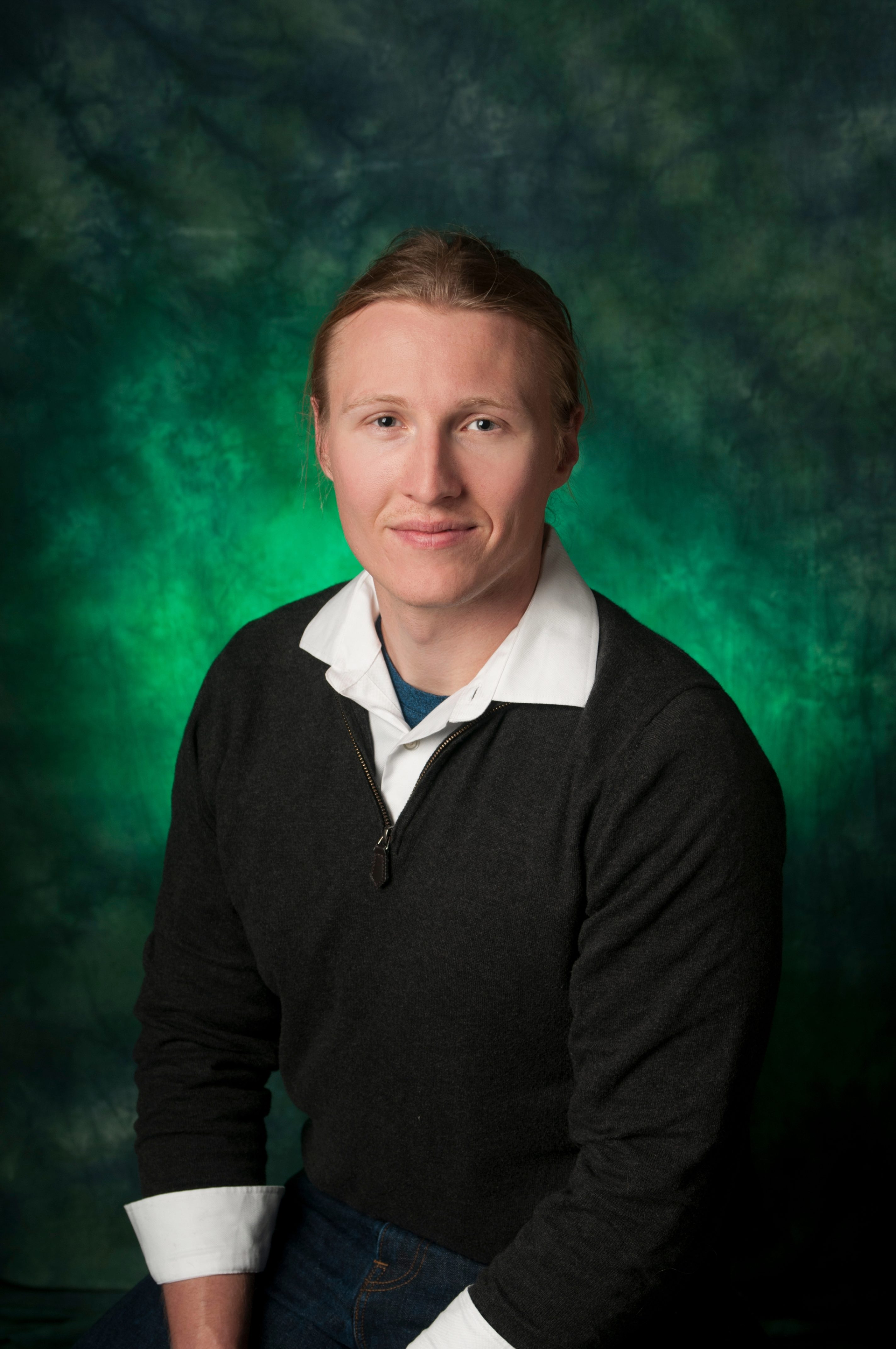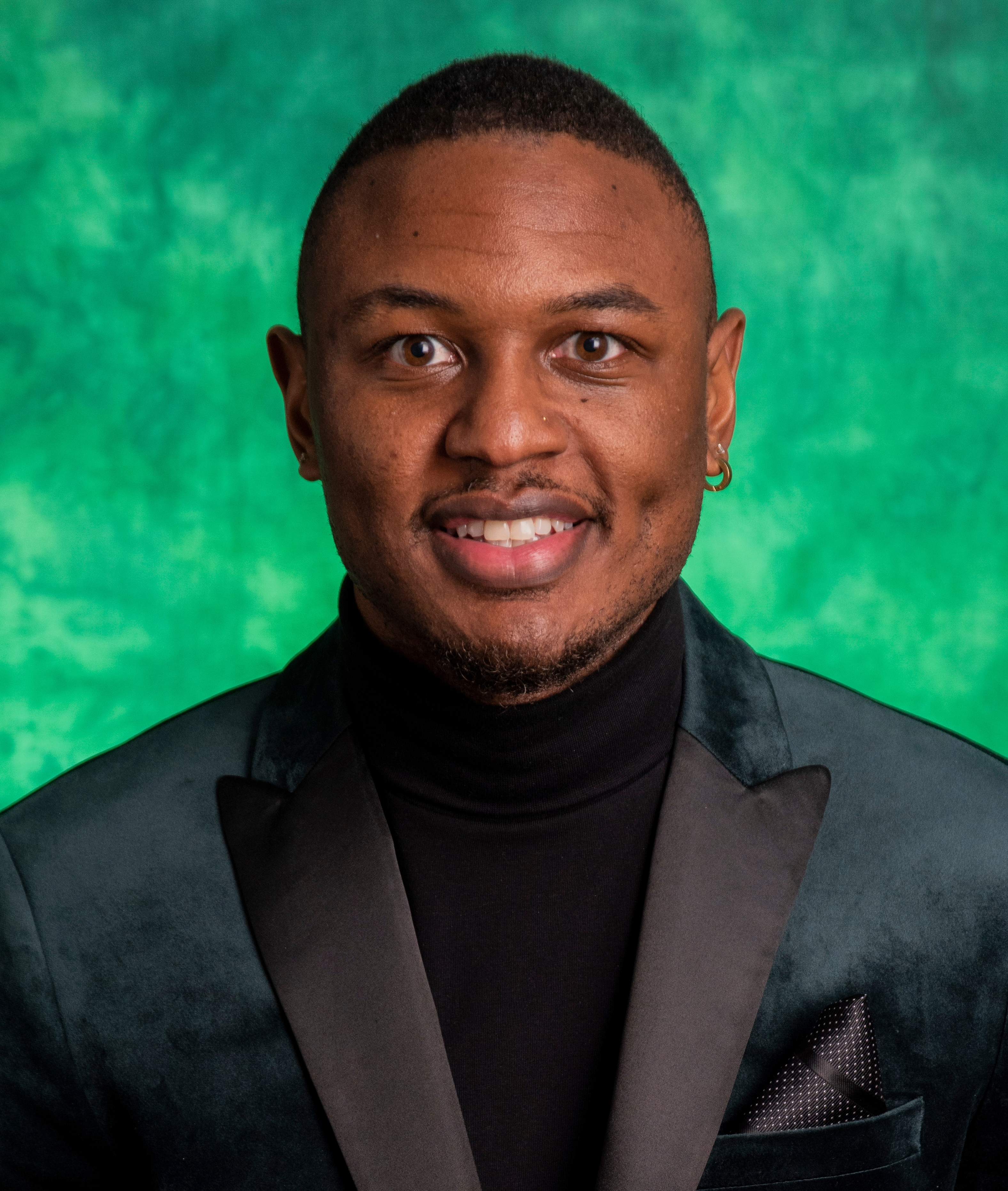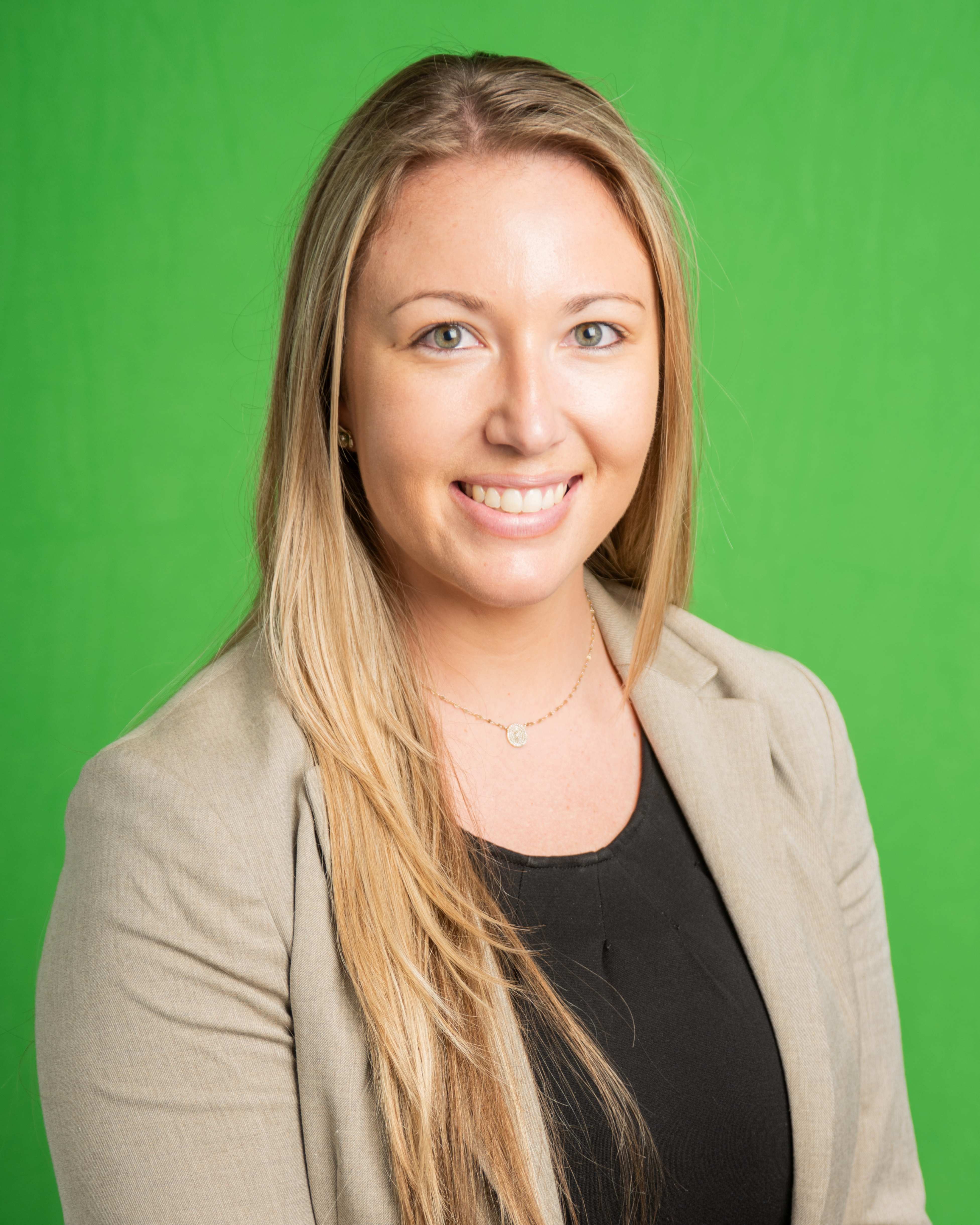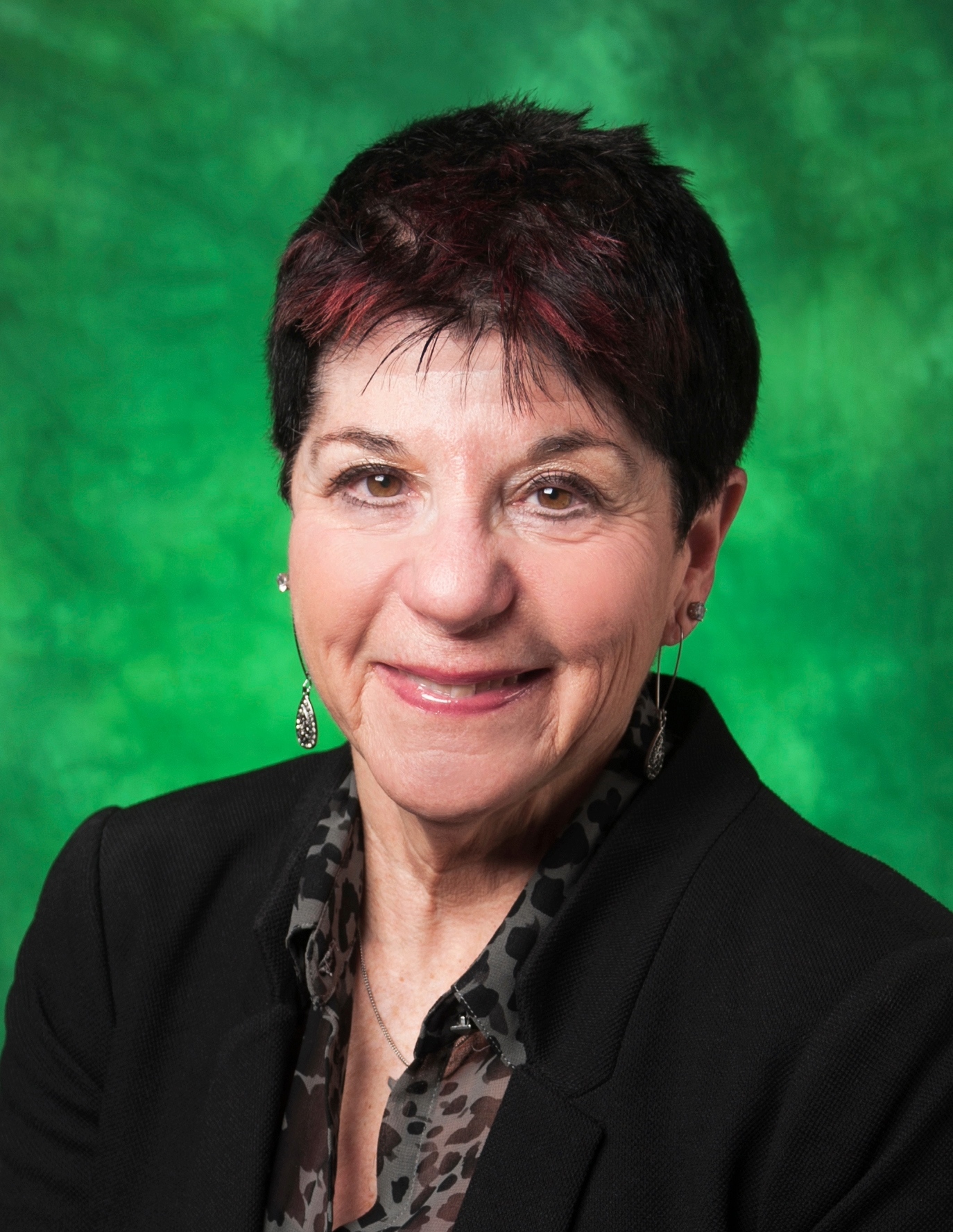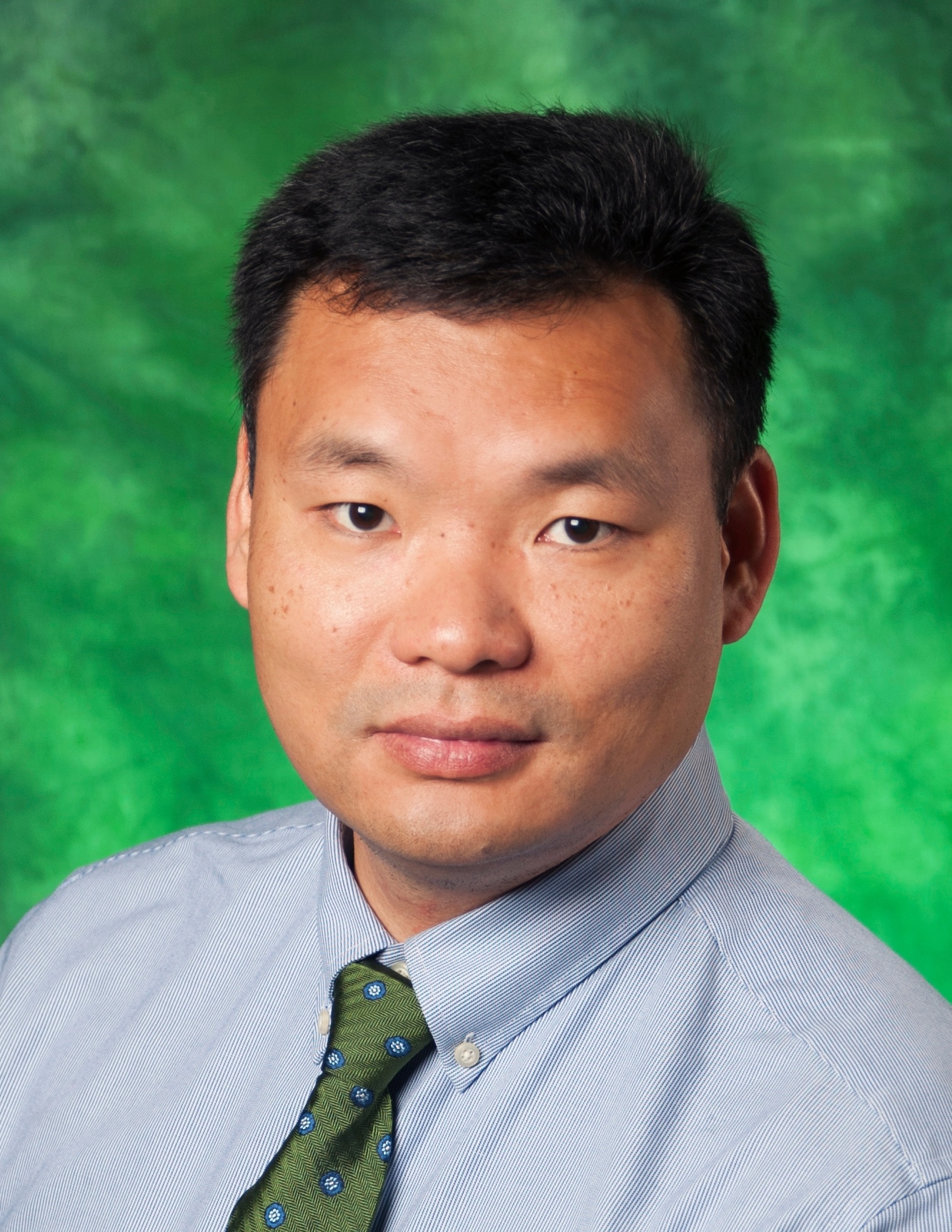Master of Science in Kinesiology

Now accepting applications!
Rolling admissions. Cohorts begin every August.
The Department of Kinesiology, Health Promotion & Recreation (KHPR) offers coursework leading to a Master of Science degree in Kinesiology. Students are required to complete a minimum of 36 total credit hours and may attend part-time (< 9 credit hours/semester) or full-time (≥ 9 credit hours/semester). Most students opt to attend full-time and complete their degree in 2 years.
Program Requirements
The kinesiology master's program offers concentrations in
exercise physiology, sport and exercise psychology, and sport pedagogy.
exercise physiology, sport and exercise psychology, and sport pedagogy.
See the FAQs for more information.
9 credit hours
Build your foundation for the program and your future with 3 required courses.
21 to 24 credit hours
Explore your concentration area by selecting various courses of interest.
3 to 6 credit hours
Complete a Master's Thesis or choose a non-thesis (research or non-research) route.

Research
Research with experts in your field of study.
The Department of Kinesiology, Health Promotion and Recreation provides students with
an in-depth understanding of the professional literature, trends, and research being
conducted in the fields of kinesiology and health.
Research is a fundamental component of the kinesiology master’s program. Students
will have numerous opportunities to participate in groundbreaking research on campus.
Current research areas include motor behavior, exercise physiology, nutrition, immunology,
sport sociology, stress reactivity, behavioral neuroscience, cerebral blood flow regulation,
exercise interventions, and health disparities.
Program Faculty & Research Areas
Explore each concentration area to discover current program faculty and their areas
of expertise.
Faculty Research Groups & Laboratories
Explore each research group and laboratory to learn how you may contribute to innovative
research in the field of kinesiology.
Watch the video tour below to see KHPR's state-of-the-art facilities and equipment.

Financial Questions?
Explore the links below to find answers to your financial questions.
Estimate the cost of tuition at estimatemytuition.unt.edu.
Speak with someone about payment plans and deadlines in Student Accounting.
Explore various scholarship opportunities and apply via the Eagle Scholarship Portal.
Find answers to your FAFSA questions and discover financial aid options with the Financial Aid & Scholarships Office.
Don't forget to see what funding information Toulouse Graduate School provides as well.
Frequently Asked Questions (FAQs)
kinesiology noun
: the study of the principles of mechanics and anatomy in relation to human movement
